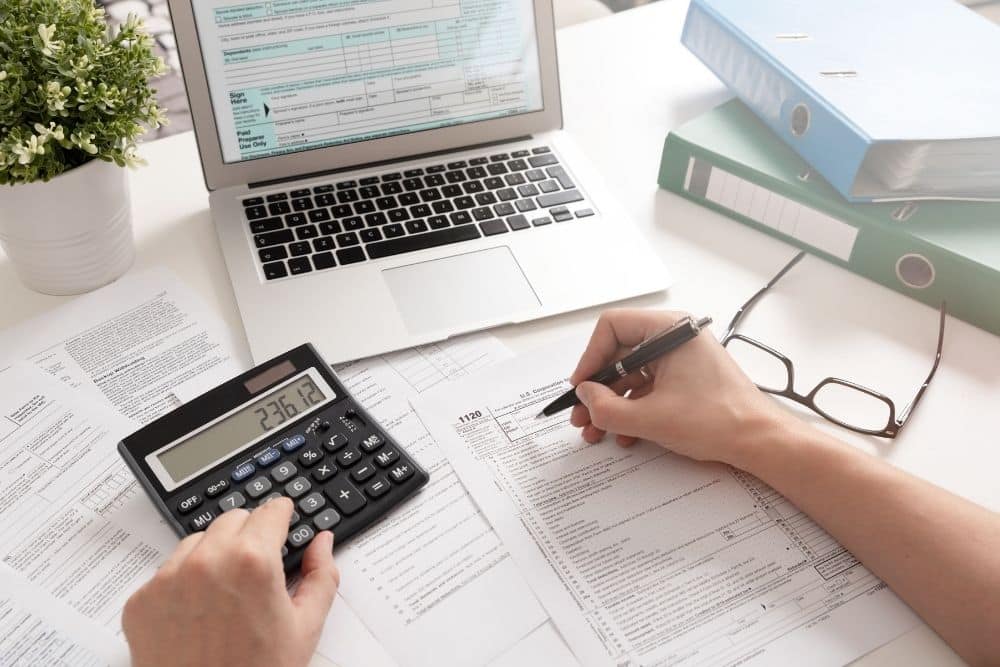Approved Chapter 7 & 13 Budgets

Bankruptcy Overview Bankruptcy gives individuals and businesses a fresh start by eliminating or restructuring their budgets and debts. There are five types of bankruptcy, but consumers primarily file Chapter 7 and Chapter 13. A sample of a 2015 budget is below, but remember to always use your actual expenses in your budget. People often forget […]
How to Use Your Chapter 13 Bankruptcy Payment Calculator?

Interestingly, Chapter 13 is sometimes less expensive than Chapter 7. For instance, Chapter 7 does not have to repay the priority and secured creditors. But, every Chapter 13 bankruptcy plan must repay the priority claims and secured arrearages. Since the interest and penalties are repaid partly for these unsecured debts, Chapter 13 might be less […]
Chapter 13 and IRS Tax Returns and Refunds in Bankruptcy • Video

Knowing about Chapter 13 and IRS tax returns and refunds in bankruptcy is important for filing successfully. The first thing you need to know is that the courts advise the Internal Revenue Service the moment you file bankruptcy. The IRS also advises the court and the trustee if you have not filed tax returns for […]
How to Calculate Chapter 13 Plan Payments • Video

Your Chapter 13 plan must calculate Chapter 13 plan payments that pay the secured and priority debts in full. The unsecured debts may be paid as low as 0%. If you properly include all your reasonable and necessary expenses this percentage is often well below 50%. We include items like 401k retirement expenses if you […]
How To Make Chapter 13 Plan Modifications or Conversions • Video

Sometimes the Chapter 13 plan needs a modification. Your income might drop which means you need a Chapter 13 plan modification to lower payments. Or, perhaps your mortgage company didn’t file a claim. If that’s the case, now you must file a claim for them and include that claim with a Chapter 13 plan modification. […]
The Financial Benefits of Chapter 13 Bankruptcy • Video

The most important benefit of Chapter 13 bankruptcy is that it allows you to catch up on a mortgage or auto loan. First, the temporary court order that stops collections is the stay. Then, the protection of the stay stops collections and lasts for 3-5 years. During that time, it allows debtors the ability to […]